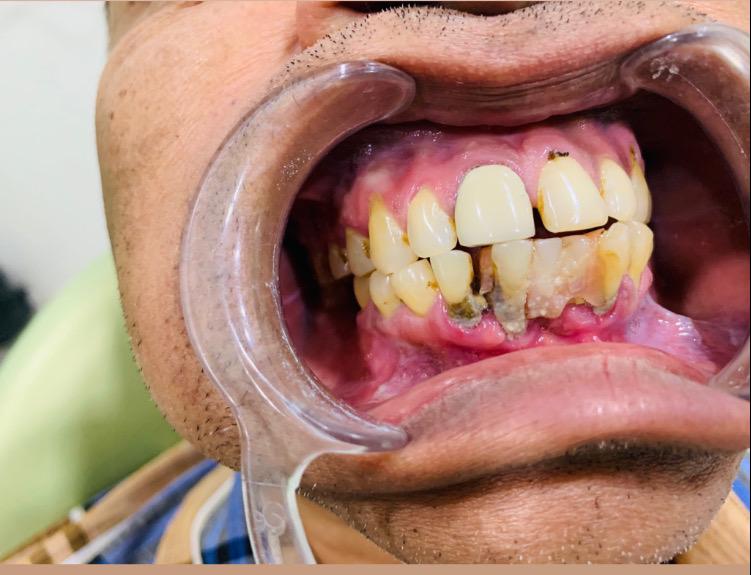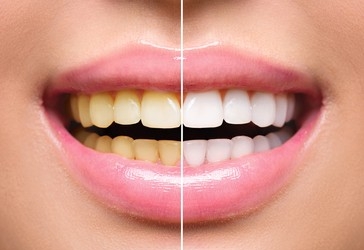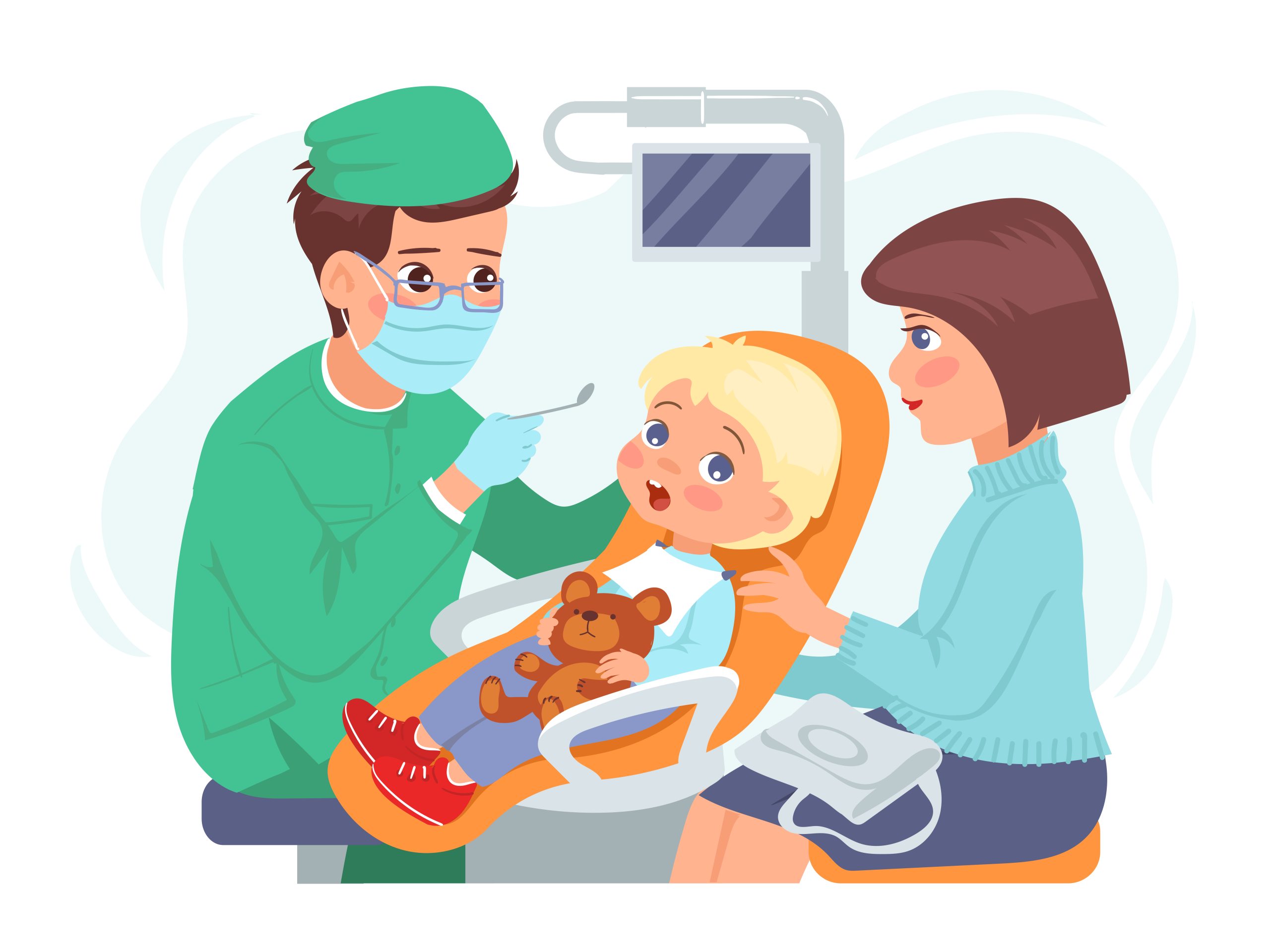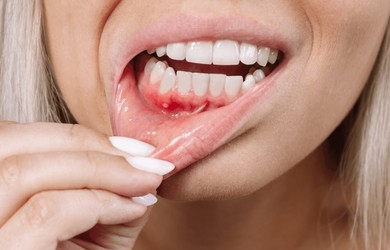
In the realm of dental health, one of the most dreaded scenarios is undoubtedly tooth loss.
It’s not just about the aesthetics; losing teeth can significantly impact your overall well-being,
from your ability to chew properly to your self-confidence. But what are the primary culprits
behind this common dental dilemma? Let’s delve into the intricate web of causes for tooth
loss and unveil the factors you need to watch out for to safeguard your precious pearly
whites.
Poor Oral Hygiene: The Foundation of Dental Woes
At the core of most dental problems lies poor oral hygiene. Neglecting the basics of dental
care, such as regular brushing, flossing, and routine dental check-ups, can pave the way for
tooth decay and gum disease. Plaque buildup, fueled by leftover food particles and bacteria,
gradually erodes tooth enamel and leads to cavities. If left untreated, these cavities can
progress deeper into the tooth, eventually causing irreparable damage and necessitating
extraction.
Gum Disease: The Silent Trouble-maker
Gum disease, clinically known as periodontitis, is another significant contributor to tooth loss.
It begins innocuously as gingivitis, characterized by swollen, tender gums prone to bleeding.
Without intervention, it can escalate into periodontitis, where the infection spreads to the
bone supporting the teeth. As the bone deteriorates, teeth lose their anchorage and become
susceptible to loosening and eventual loss.
Trauma: Accidents and Injuries
Accidents happen, and sometimes they involve our teeth. Whether it’s a sports-related injury,
a fall, or a vehicular accident, trauma to the mouth can inflict severe damage to teeth, gums,
and surrounding structures. Fractured, dislodged, or avulsed teeth (completely knocked out)
are common consequences of such incidents, often necessitating extraction if the damage is
too extensive to repair.
Poor Nutrition: Feeding Your Smile
Your diet plays a pivotal role in maintaining optimal dental health. A diet rich in sugars and
carbohydrates fuels the proliferation of cavity-causing bacteria, accelerating tooth decay.
Conversely, a deficiency in essential nutrients like calcium, vitamin D, and vitamin C can
weaken tooth structure and compromise gum health, making tooth loss more likely.
Smoking: A Hazardous Habit
Beyond its well-documented adverse effects on general health, smoking wreaks havoc on
oral health. Tobacco use compromises blood flow to the gums, impairs the immune system’s
ability to combat infection, and hampers tissue regeneration. Consequently, smokers are at a
significantly higher risk of developing gum disease and experiencing tooth loss compared to
non-smokers.
Genetic Predisposition: The Hand You're Dealt
While lifestyle factors undoubtedly play a crucial role, genetics also influence your
susceptibility to dental problems. Some individuals inherit a predisposition to conditions like
gum disease or enamel defects, making them more prone to tooth loss despite meticulous
oral care practices.
Conclusion: Protecting Your Smile Starts Today
In the battle against tooth loss, knowledge is your greatest ally. By understanding the root
causes behind this prevalent dental concern, you empower yourself to take proactive
measures to safeguard your smile. From embracing a diligent oral hygiene routine to making
informed lifestyle choices, every step you take towards optimal dental health brings you
closer to preserving your teeth for a lifetime of smiles. Take charge of your oral health
journey today, and let your smile shine bright for years to come.




